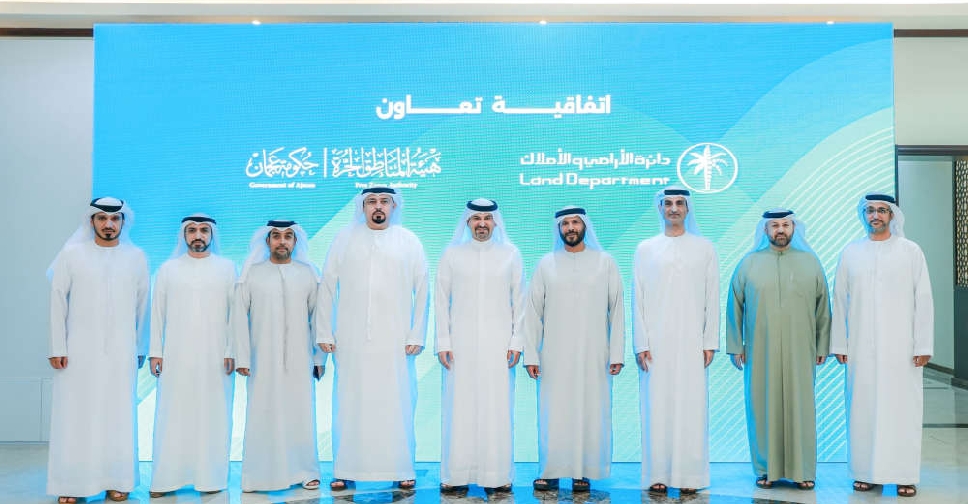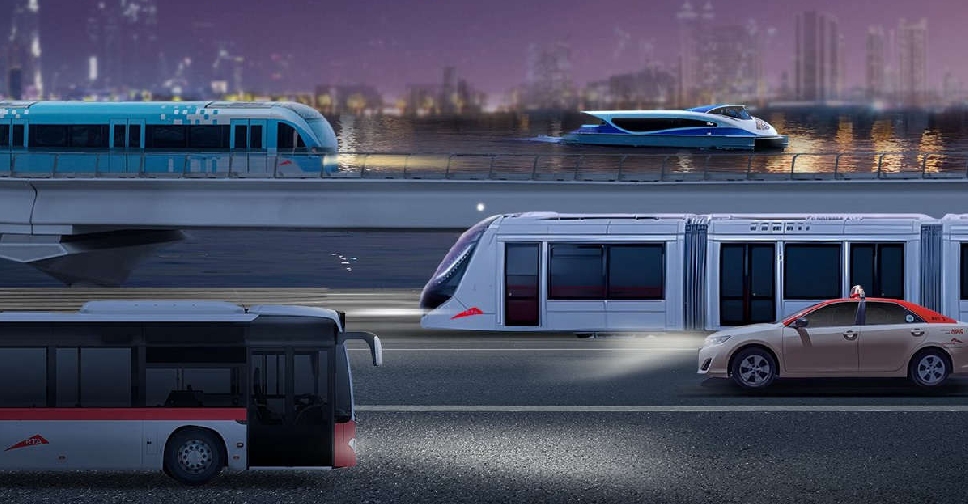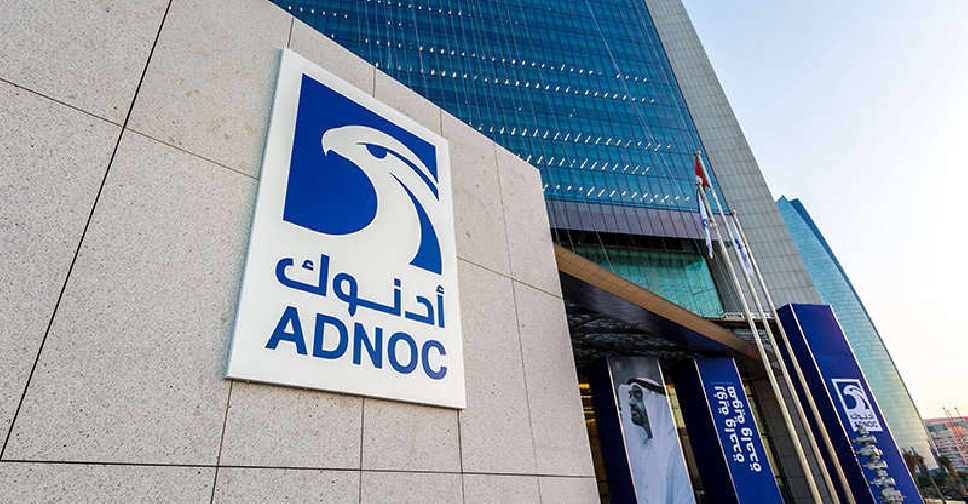
The Abu Dhabi National Oil Company (ADNOC) is set to be powered by solar and nuclear energy from January 2022.
Up to 100 per cent of ADNOC’s grid power will be supplied by clean energy following a partnership with the Emirates Water and Electricity Company (EWEC).
In contrast, EWEC will benefit from long-term electricity offtake for its current and future renewable and clean power sources, including solar and nuclear power, enabling continued investment in transformative innovations to decarbonise the energy sector.
The partnership is being undertaken to align with the UAE’s 2050 Net Zero Emissions Target.
A report from ADNOC says that the new clean energy partnership will "accelerate ADNOC’s sustainability goal of decreasing its greenhouse gas (GHG) emissions intensity by 25 per cent by 2030".
The agreement was signed by Dr. Sultan Ahmed Al Jaber, the UAE Minister of Industry and Advanced Technology and Managing Director and Group CEO of ADNOC, and Mohamed Hassan Alsuwaidi, the Chief Executive Officer of ADQ and Chairman of EWEC.
Lately, ADNOC has been pushing to decarbonise their operations and remain one of the lowest carbon intensity operators in the oil and gas industry.
On the refined products side, the new partnership will further reduce the carbon intensity of ADNOC products.
For example, ADNOC is a large producer of aviation fuel. The new clean energy agreement will lower the carbon intensity of ADNOC’s aviation fuel, positioning it as one of the lowest carbon intensity Jet-A1 fuels available.
As part of the partnership, the clean energy supplied to ADNOC will be validated via I-REC Clean Energy Certificates registered by EWEC.
In addition to developing solar power projects, EWEC is supporting the integration of the Barakah Nuclear Energy Plant into the Abu Dhabi grid.
Once all four nuclear reactors are fully operational, the Barakah Plant will prevent the release of up to 21 million tonnes of carbon emissions every year.


 Wall Street futures sink as tariffs fuel recession fears
Wall Street futures sink as tariffs fuel recession fears
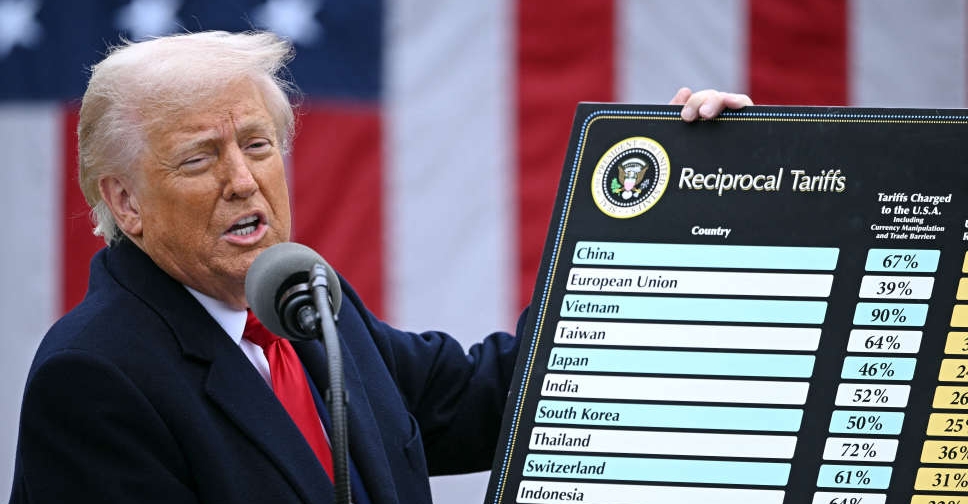 Trump to impose 10% tariff on UAE, Saudi Arabia imports
Trump to impose 10% tariff on UAE, Saudi Arabia imports
 UAE tops global entrepreneurship rankings for 4th straight year
UAE tops global entrepreneurship rankings for 4th straight year
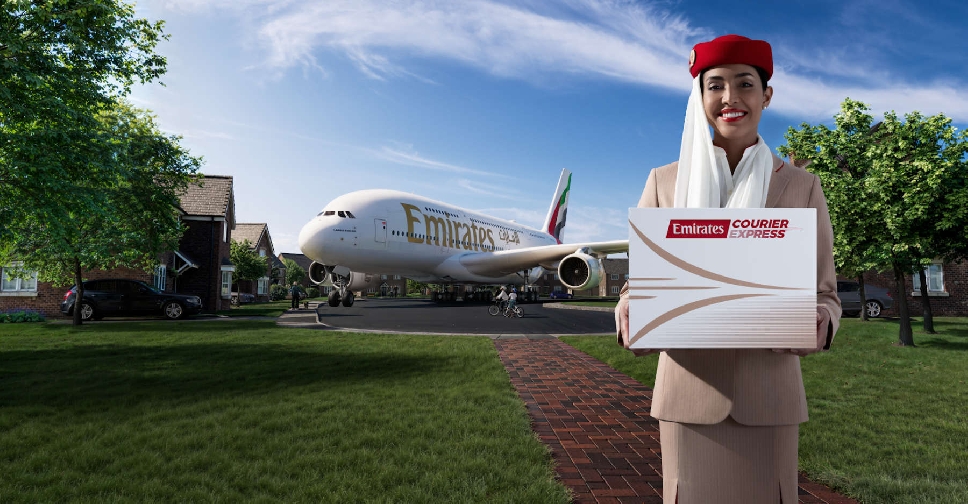 Emirates launches express delivery service
Emirates launches express delivery service
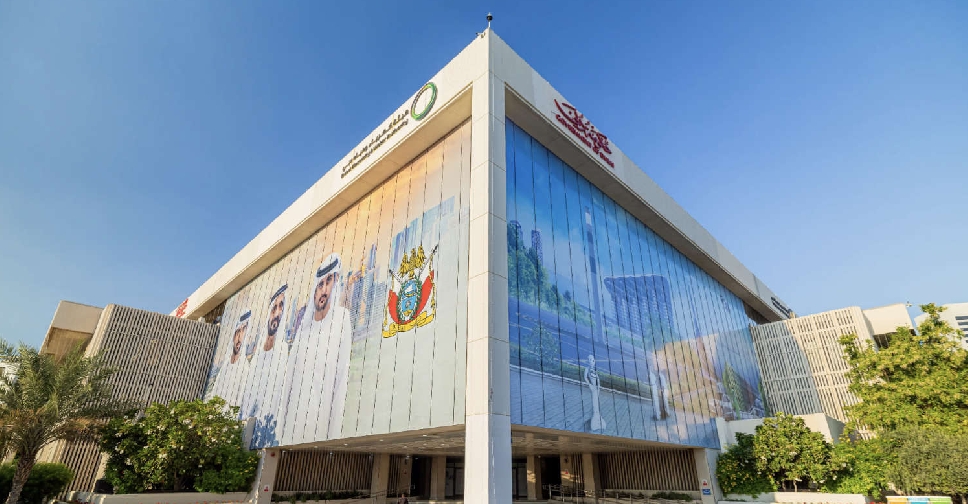 DEWA reduces CO2 emissions with increased electricity, water efficiency
DEWA reduces CO2 emissions with increased electricity, water efficiency


